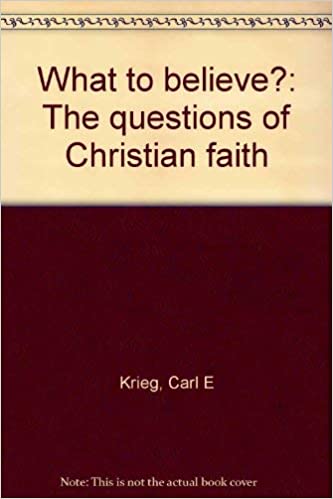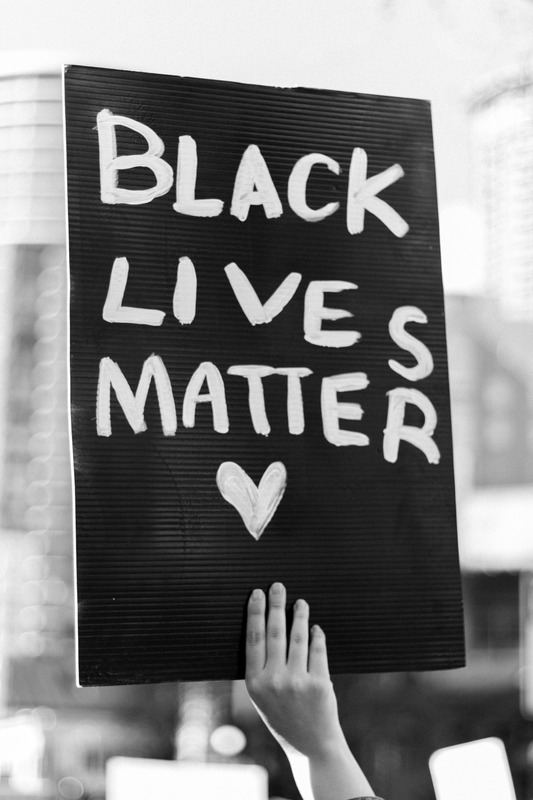Fifty Years Later – Part 15
What Lies Ahead?
As the years moved along, this answer seemed less and less adequate in the face of undeserved suffering in the world, the epitome of which is the baby born into the world, experiences extreme pain, and dies after one day.





